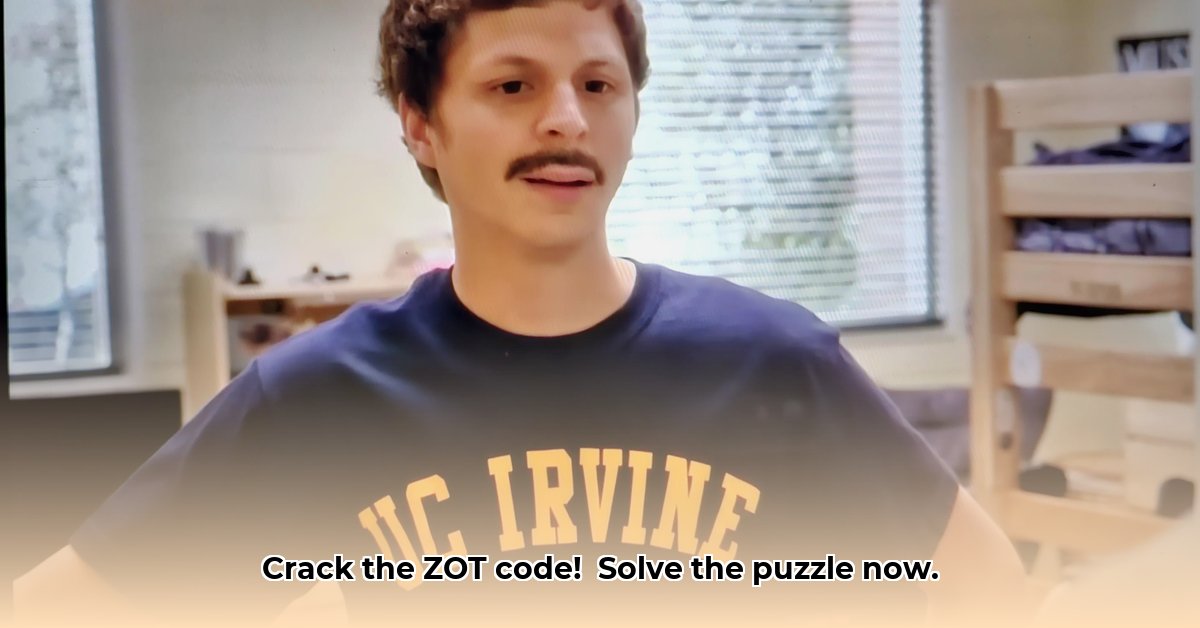
Cracking the Code of Dutch Word Puzzles: Van Dale vs. Puzzelwoord.com
Stuck on a Dutch word puzzle? Finding that elusive three-letter word, like "zot" (meaning "crazy"), can be a real head-scratcher. This article compares two popular Dutch online puzzle resources, Van Dale and Puzzelwoord.com, to help you navigate the world of online Dutch puzzle-solving. We'll analyse their features, strengths, and weaknesses, providing actionable insights for both users and the platforms themselves.
Van Dale vs. Puzzelwoord.com: A Comparative Analysis
Both Van Dale and Puzzelwoord.com offer online tools to assist with Dutch word puzzles. They allow searches by partial words, letter counts, or even themes. However, their approaches and target audiences differ significantly.
| Feature | Van Dale | Puzzelwoord.com |
|---|---|---|
| Database Size | Extensive, encompassing a broad range of linguistic resources. | More focused; precise size not publicly stated, but optimized for puzzle solutions. |
| Pricing | Offers free online tools alongside premium paid services and physical products. | Primarily free, with potential for future premium features. |
| Search Functionality | Robust and versatile, integrated within a larger language resource platform. | Highly specialized, likely faster and more efficient for puzzle-specific searches. |
| Target Audience | Broad appeal: students, language learners, general puzzle enthusiasts. | Primarily focused on regular puzzle solvers seeking quick, accurate solutions. |
Van Dale provides a comprehensive suite of language tools, with puzzle solving integrated into its broader offering. This makes it ideal for those who need a wide range of linguistic resources. Puzzelwoord.com, conversely, is a specialist puzzle-solving tool likely offering a more streamlined, efficient experience for frequent users. The choice depends on individual needs and preferences.
The Dutch Puzzle Market: A Growing Landscape
While precise market figures are unavailable, the online Dutch puzzle-solving market shows clear growth. More people are using online resources to tackle word puzzles, expanding beyond seasoned enthusiasts to include casual players and language learners. This suggests a future characterized by further innovation in digital puzzle tools and resources. What opportunities await these market players?
Strategic Recommendations: Charting a Course for Future Success
Based on current market trends, here are some strategic recommendations for both Van Dale and Puzzelwoord.com:
For Van Dale:
- Enhance User Experience (UX): Streamline the puzzle-solving interface, potentially drawing inspiration from Puzzelwoord.com's design, to improve user engagement.
- Strengthen Digital Presence: Invest in SEO and consider developing dedicated puzzle-solving mobile apps to reach a wider audience.
For Puzzelwoord.com:
- Expand Database & Refine Search: Continue expanding the solution database and optimize the search algorithm for speed and accuracy to maintain a competitive edge.
- Explore Freemium Model: Introduce a freemium model, offering basic services for free and premium features via subscription, to generate revenue. Consider expanding into other languages.
For Puzzle Enthusiasts: Experiment with both platforms to identify which best suits individual needs, and embrace new innovations in digital puzzle tools.
Navigating the Challenges: Maintaining Accuracy and Security
Both platforms face challenges in maintaining data accuracy and ensuring robust cybersecurity. Investing in quality control and robust security measures is crucial to building and preserving user trust. A data breach could have severe consequences. This aspect must be viewed as a critical priority.
The quest for solving "zot" (3 letters) is only the beginning. The dynamic Dutch puzzle market offers significant opportunities for both users and the companies providing these platforms. The future is ripe for further innovation and growth.